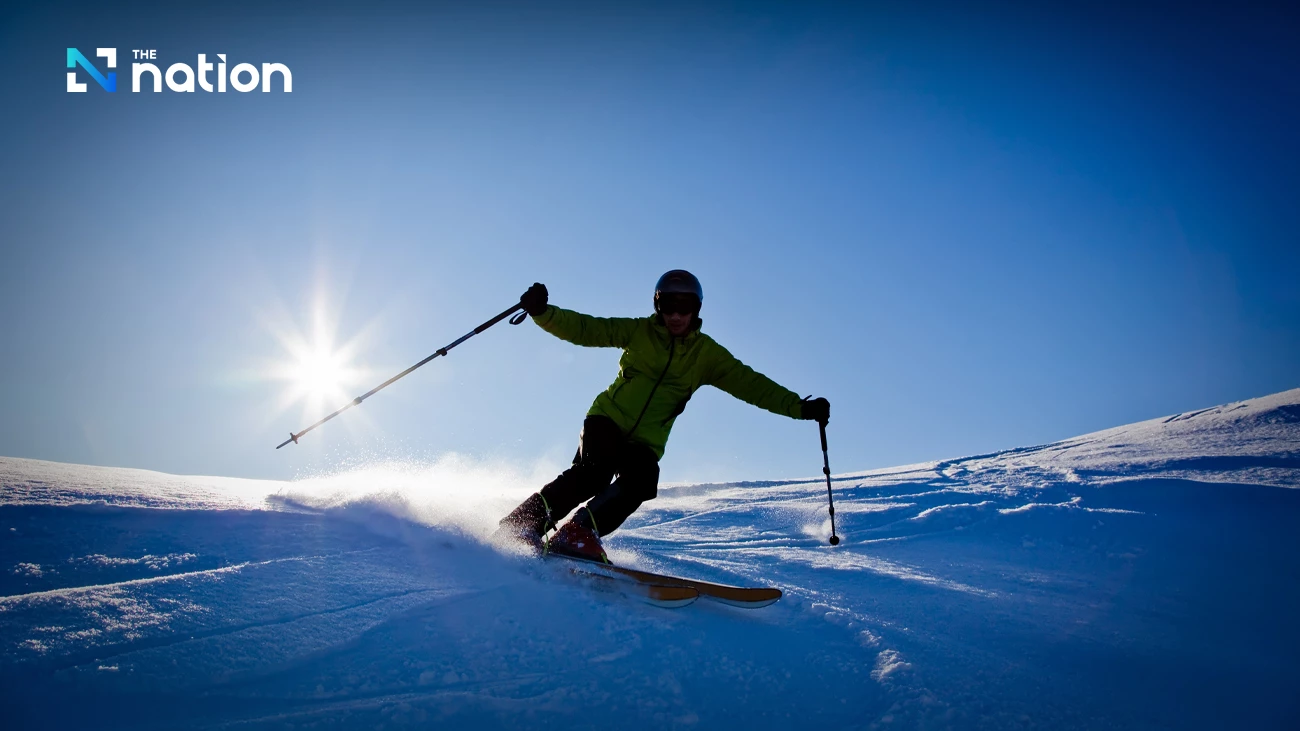Snow is crucial as a water reservoir, feeding glaciers and mountain streams. When snow melts gradually in spring, it provides a steady water supply. Thus, declining snowfall affects all water-dependent activities, not just skiing and tourism, which are vital for the local economy.
Each year, about 400 million people visit ski resorts worldwide, making snow essential to the tourism industry. If snow melts during the ski season (December–April), resorts have no choice but to close early, reducing revenue. Concerns are growing globally that climate change may render ski slopes unusable.
Previous studies have shown that climate change puts many ski resorts at risk of being snowless by the end of the century. One in eight ski resorts worldwide may lack snow between 2071–2100.
Even the Alps, which host 69% of the world’s ski slopes, are projected to experience a 42% reduction in snow days by 2100. Currently, Austria’s Alps are the most affected, with only 38 snow-covered days per year.
Global warming exacerbates the situation, forcing resorts to store snow in large reserves for use in the next season. The authors of the study warned that the declining snowfall in the Alps may shorten the skiing season by 2–3 days.
Meanwhile, the risk of flooding has also increased. Rainfall, instead of snow, rushes down steep valleys, causing erosion and severe flooding. Research from Colorado State University found that floods from heavy rainfall carry twice the water volume compared to those from the melting of snow.
